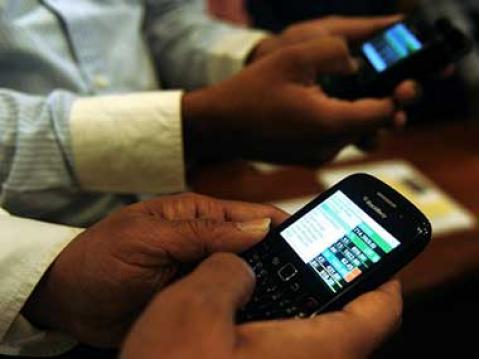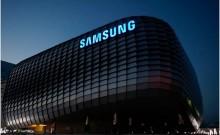
This is where cyber-espionage goes to an all new level. If you are already weary about the recent news related to mass data hack on mobile phones, know that it is now possible to pin-point your locations by just reading the usage on your smartphone battery. Sounds surreal, doesn't it?
Well, according to a new study from Stanford University and researchers working for defense contractor Rafael, it is now possible to determine your location by just measuring small changes in your battery power.
To be a bit technical, mobile phones use more battery the further away it is from a cellular base, while also depending on the obstacles that are blocking the signal as it tries to connect. The researchers, however, have designed an Android app to measure these changes in battery use which allowed them to locate phones with up to 90% accuracy.
The researchers used an app called PowerSpy, which showed that battery use data can be obtained from more than 179 apps available on the Google Play Store, including seemingly innocent games like Angry Birds. The eerie part here is that unlike GPS and Wi-Fi, apps do not need to ask the user's permission to access battery use data.
"This information is considered harmless and reading it requires no user permission or notification," the study states. "We show that by simply reading the phone's aggregate power consumption over a period of a few minutes an application can learn information about the user's location."
That being said, battery usage does indeed fluctuate depending on how many apps are running on the device. However, the eagle-eyed researchers were able to differentiate this type of power consumption as "noise" using machine-learning techniques.
"Intuitively the reason why all this noise does not mislead our algorithms is that the noise is not correlated with the phone's location," said the report.
Nontheless, for the time being, the technique involved is not nearly as accurate as it could have been using GPS or Wi-Fi. In fact, it can only really work when there is prior knowledge of the user's preferred routes.
Researchers had pre-collected data on seven different driving routes around California and Haifa in Israel. Later, based on the battery data collected from an LG Nexus 4 Android phone, they were able to identify which of the seven routes it was travelling 90% of the time.
[Source: Tech Times]









